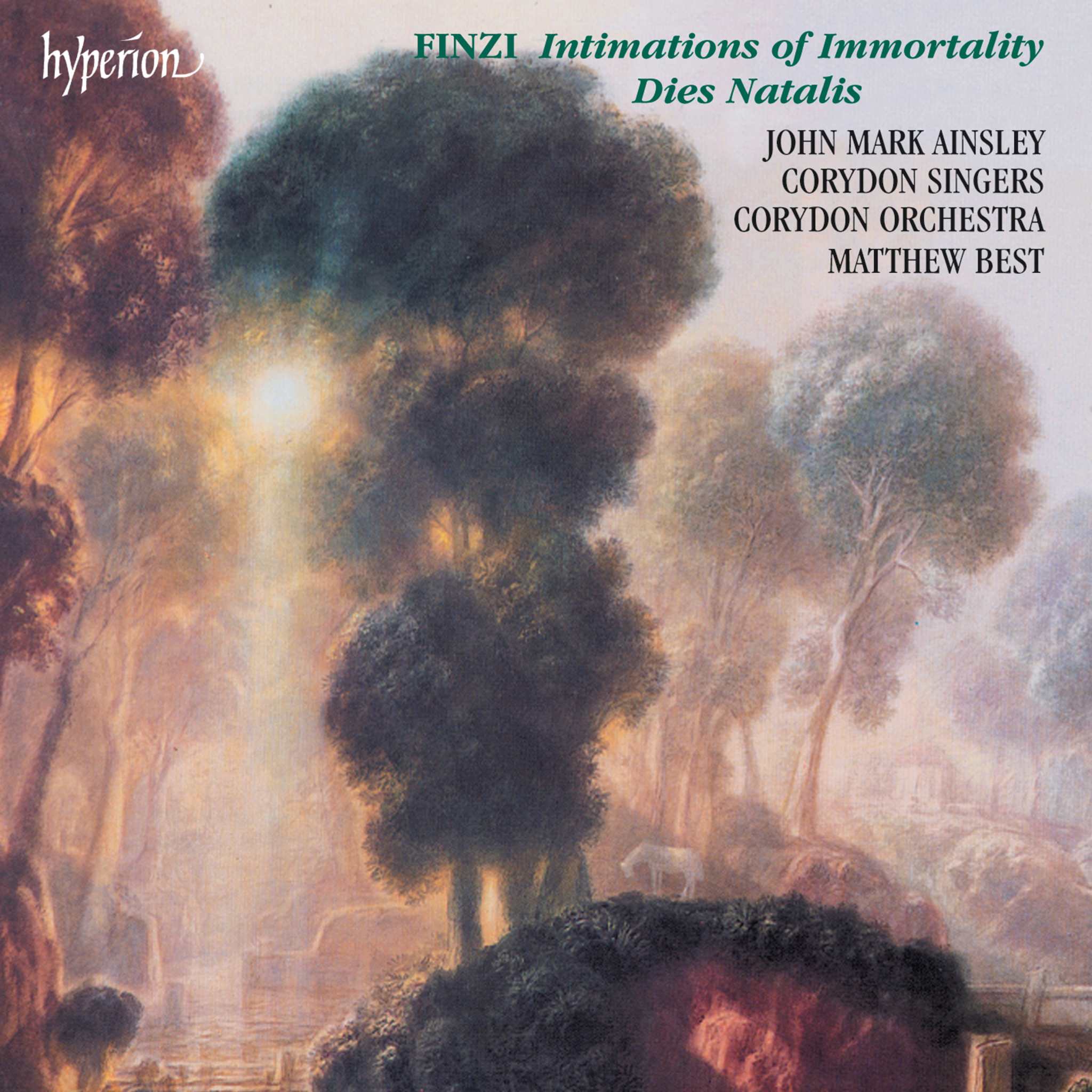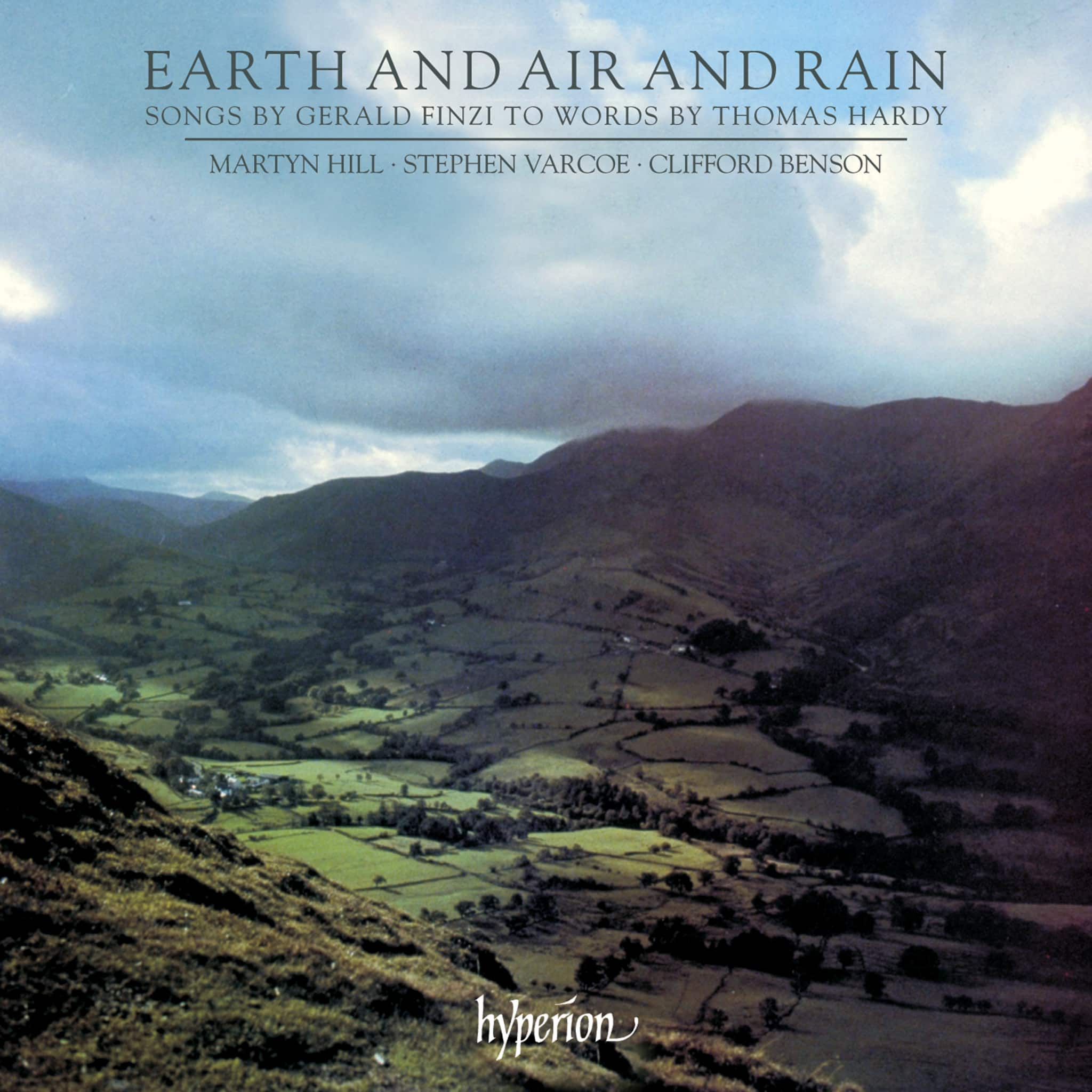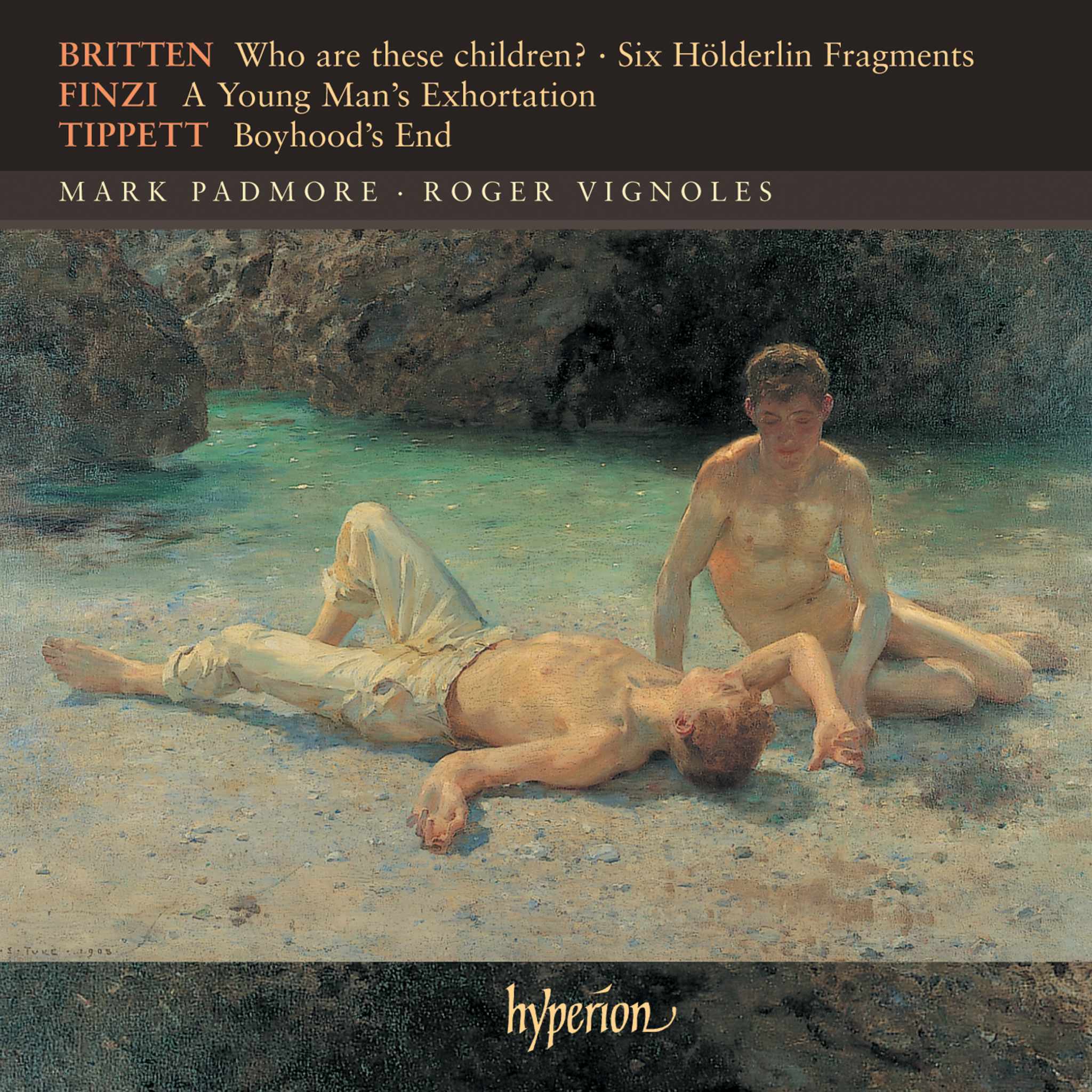Albums
Appears On
AboutGerald Finzi

The British composer Gerald Finzi completed a relatively small number of works, but his lovingly wrought, deeply poetic choral and vocal music has given him a special place in what is sometimes called the "pastoral" school of 20th century English music. Born in London to a family of Jewish heritage, he learned his craft in the world of Anglican church music. Early experiences, including the death of his first teacher Ernest Farrar in World War I, confirmed a certain melancholy bent in his character, and after 1933 he settled in the Hampshire countryside where he devoted himself to composition and the cultivation of rare apple trees.
His songs began to attract attention; meanwhile he worked with fastidious care on larger vocal works such as the cantata Dies natalis (1938-9). In 1939 he founded a string orchestra in the country town of Newbury and continued to direct it throughout the Second World War, after which he returned to composition, completing the Wordsworth cantata Intimations of Immortality in 1950, as well as concertos for clarinet (1949) and cello (1955) before his death of leukaemia in 1956. His brief Eclogue (conceived as part of a piano concerto – one of several large-scale projects abandoned by the intensely self-critical Finzi) has become a popular classic in his native country.














